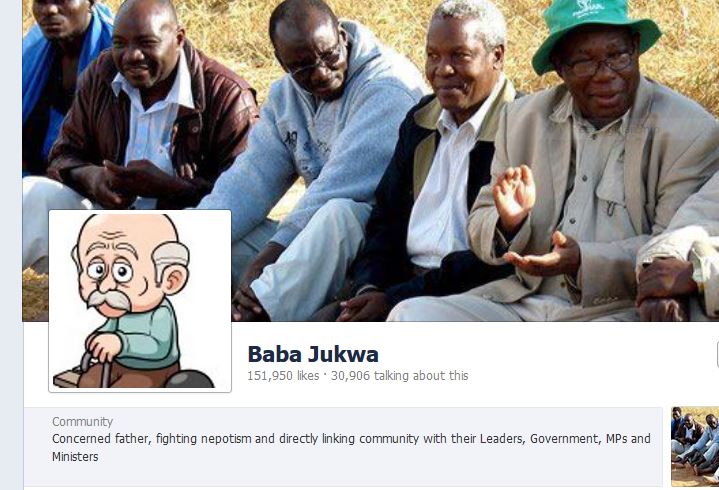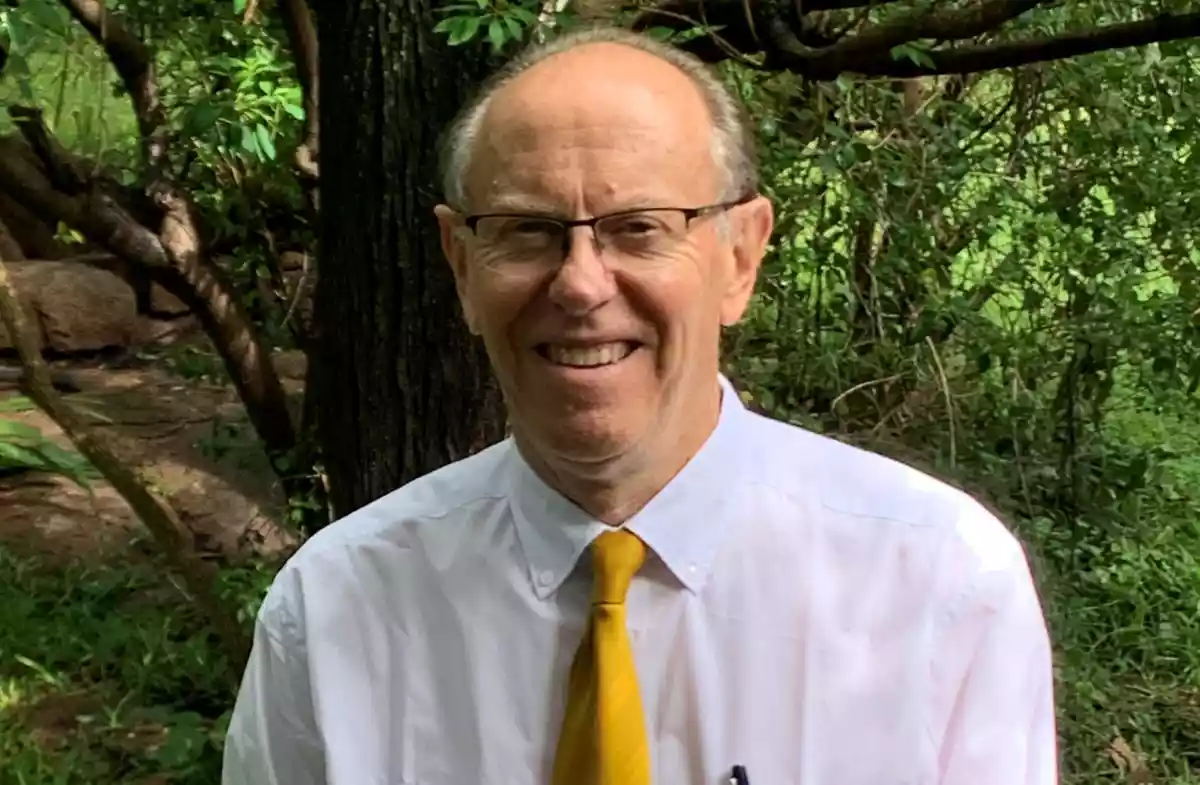
ZIMBABWEAN politics is being shaken up by an unexpected source — a Facebook page being run by Baba Jukwa, who produces daily revelations of wrongdoing by the country’s leaders.
By Bloomberg
His exposés range from alleged plans by President Robert Mugabe’s party to rig general elections that are scheduled to take place this year, to naming officials who led the government crackdown against the opposition in the western region of Matabeleland, which killed as many as 20 000 people in the 1980s.
Zimbabweans have been starved of independent reporting, with Reporters Without Borders ranking the country 133rd of 170 nations in its World Press Freedom Index. Baba Jukwa, who has not revealed his identity, has published telephone numbers of politicians, members of the police force, intelligence agents and army officers he says are “murdering” civilians, and encourages Zimbabweans to phone them.
“This is a new form of protest in the information age,” the director of the Zimbabwe Democratic Institute research group, Pedzisai Ruhanya said. “Citizens will find ways of circumventing undemocratic space.”
Often writing in colloquial Zimbabwean English, Baba Jukwa says he is a senior member of Mugabe’s Zanu PF party.
Since starting on March 22, his page has gained 137 000 followers, more than those of both Mugabe and his long-time election rival, Prime Minister Morgan Tsvangirai. About 15% of Zimbabwe’s 14 million people have access to the Internet, according to the International Telecommunications Union.
“We are not worried at all about Baba Jukwa because he wants to cause confusion and conflict within the party, but he won’t get it,” Zanu PF spokesman Rugare Gumbo said in Harare.
- Chamisa under fire over US$120K donation
- Mavhunga puts DeMbare into Chibuku quarterfinals
- Pension funds bet on Cabora Bassa oilfields
- Councils defy govt fire tender directive
Keep Reading
Gumbo added that Zanu PF was focused on defeating Tsvangirai’s Movement for Democratic Change (MDC) faction in the elections so the party can “spearhead our land reform programme and intensify our indigenisation and empowerment”.
Tsvangirai and Mugabe have governed in a coalition since 2009. The fragile power-sharing government has helped to turn around an economy that went into recession and was gripped by inflation that accelerated to 500 billion per cent, according to the International Monetary Fund, following a government-backed land-redistribution programme that started in 2000.
Thousands of white farmers and their workers were evicted, and some were killed or beaten, as farmland was divided, mostly among members of Zanu PF.
Tsvangirai said last month that if elected, his government would reverse laws aimed at foreign firms such as Anglo American Platinum, Impala Platinum and Aquarius Platinum, to show how they will sell or cede control to black Zimbabweans or the State’s National Indigenisation and Economic Empowerment Board.
Zimbabwe’s Constitutional Court has ordered that elections be held by July 31, thus closing the chapter on the often-fractious power-sharing government, which Mugabe dominated despite losing the last elections.










